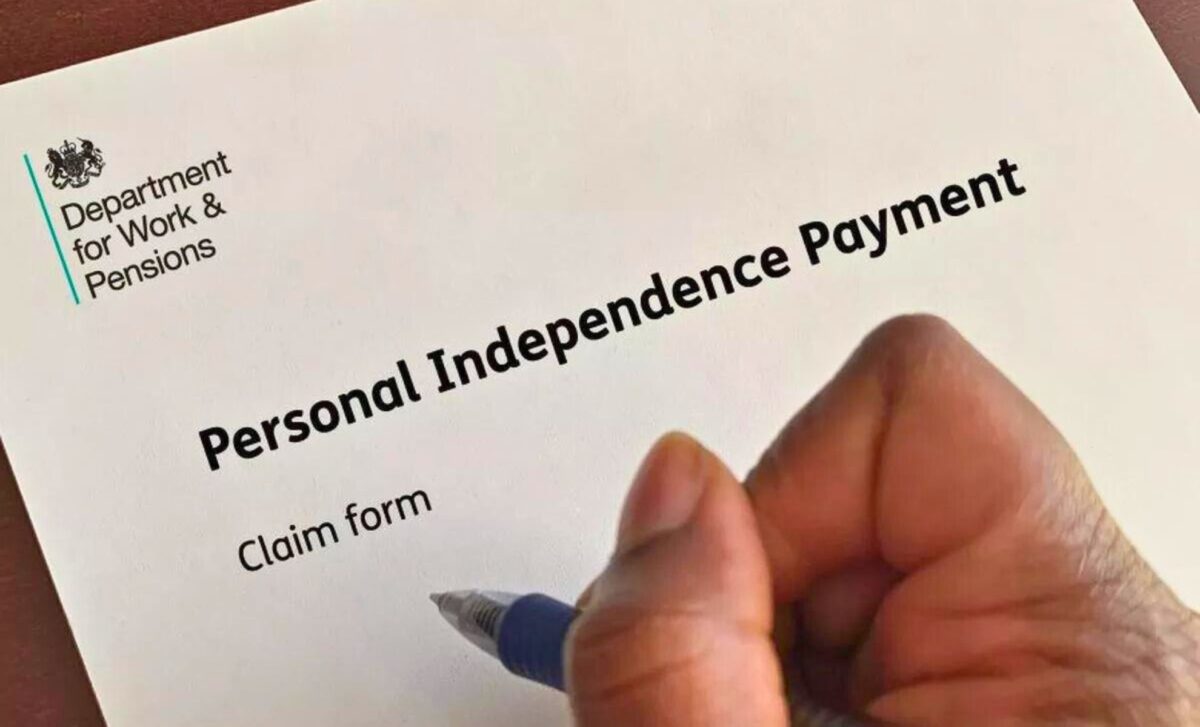The Department for Work and Pensions is increasing the number of reviews while reducing or stopping cash payments for PIP claimants. More money allows for the timely processing of more new applications and reevaluations of previously filed claims.
DWP Boosts Funding to Speed Up PIP Claims Amid Labour’s Welfare Reform Plans
Additional funding, including £110 million for this fiscal year and £35 million for 2025–2026, has been approved by the DWP to be supplied until September 2028 in order to expedite the processing of both new and existing claims.
A spokesperson for the DWP told BirminghamLive: “Additional funding promised in the Spring Budget to support the processing of disability benefit claims will increase system capacity to meet rises in demand. This will enable people to get the right support in a timely manner. The funding will be provided from April 2024 to September 2028.”
In order to decrease delays and free up staff time for additional evaluations of current claims, new applications should be processed more quickly. Data from October of last year indicated that there were 288,000 PIP claims pending at that time, comprising 31,000 active claims that needed to be reevaluated and 257,000 new claims that were pending a case manager’s decision.
According to government documentation about the additional financing, “Award reviews can lead to a reduction in award amounts as some claimants’ conditions can improve over time.” The DWP estimates that reviewing claims to make sure people are still receiving the correct amount could save up to £150 million by 2028-2029, as benefits may be reduced if it is determined that people no longer require help.
PIP Claimants Face Potential Benefit Reductions and Terminations as Labour Reviews Welfare Proposals
Over 3.5 million individuals in the UK get Personal Independence Payment (PIP), which is worth around £737 per four weeks to cover the additional expenses related to a chronic medical condition or disability. Labour has unveiled new social safety rules in response to the previous government’s revision of PIP, which included substituting cash benefits with vouchers. The public consultation regarding those measures concluded on July 22, and Labour says it is reviewing the proposals and feedback before announcing its own set of welfare adjustments.
PIP benefits may be decreased or terminated ahead of this major change as more reviews are conducted to guarantee that the amounts people receive are correct, with the goal to limit growing spending. According to the most recent numbers, 48,664 of these evaluations were conducted in April 2024, with 2,971 claimants having their benefits reduced and another 7,253 having their PIP completely halted. Over the most recent quarter (February, March, and April), 20,024 persons had their PIP discontinued, while 12,591 had their payments decreased.
The DWP stated: “PIP claimants may undergo an award review during the period whilst they have entitlement to PIP. There are two types of award review:
- Planned Award Reviews: where claims undergo a planned review at set intervals to ensure a claimant continues to receive the correct award. The review point is selected based on the claimant’s individual circumstances.
- Changes of Circumstance: where a PIP claimant reports changes around their condition or needs. The award is reviewed to ensure that they continue to receive the correct entitlement, which may or may not lead to a change in award.
“In either case, an AR1 form is issued (or a PIP2 form prior to 2016). The claimant is required to complete and return the form. This can lead to referral to the assessment provider (AP) or disallowance of the claim based on the information in the AR1 form or if the claimant fails to return the AR1 form without being identified as having additional support needs.
“DWP makes a decision based on AP advice and any additional evidence received. The outcome may be: a) an award (including a monetary amount of the award for both Daily Living and Mobility components, the award type and, if appropriate, the period of time that should be allowed before a further review of the award takes place); b) a disallowance due to failing the assessment; c) a disallowance due to failing to attend or participate in the assessment.
“Award review and change of circumstance assessments by DWP decision-makers are completed with or without referral to an assessment provider.”









